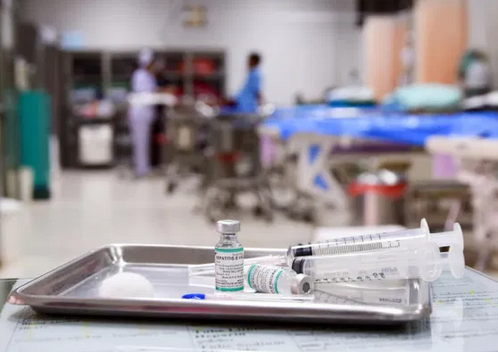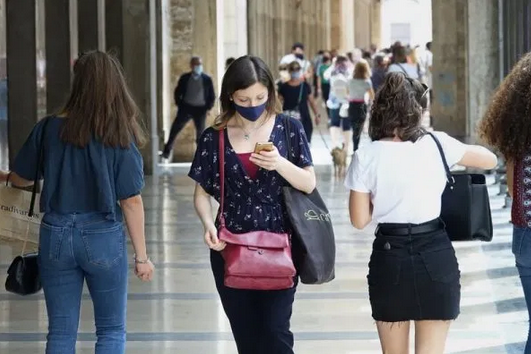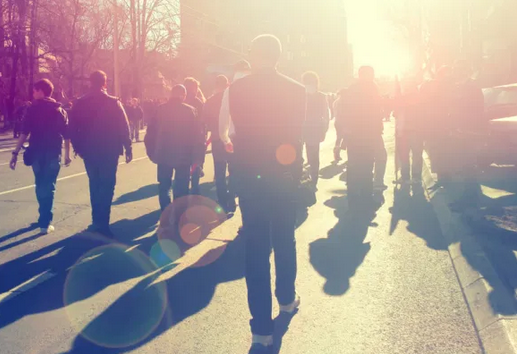© Jesada Wongsa | Dreamstime.com Compared to much of the world, confidence in the safety of vaccines is low in Switzerland, according to a recently published study. In 2015, only 30% of Swiss questioned strongly agreed that vaccines were safe, ranking it 133rd out of 149 nations in terms of confidence in vaccine safety. This ...
Topics:
Investec considers the following as important: 3.) Health, 3) Swiss Markets and News, Editor's Choice, Featured, health, newsletter, Vaccination attitudes in Switzerland
This could be interesting, too:
Investec writes The global brands artificially inflating their prices on Swiss versions of their websites
Investec writes Swiss car insurance premiums going up in 2025
Investec writes The Swiss houses that must be demolished
Investec writes Swiss rent cuts possible following fall in reference rate
Compared to much of the world, confidence in the safety of vaccines is low in Switzerland, according to a recently published study.
In 2015, only 30% of Swiss questioned strongly agreed that vaccines were safe, ranking it 133rd out of 149 nations in terms of confidence in vaccine safety. This compared to 89% in Argentina and 86% in both Liberia and Bangladesh. At the same time only 3% in Switzerland strongly disagreed with them being safe.
Rates of people strongly agreeing that vaccines were safe in Germany (43%), Austria (37%), Spain (54%) and the UK (41%) were all higher than in Switzerland. However, in Italy (24%), and the Netherlands (20%) respondents showed similarly low levels of confidence in vaccine safety as people in Switzerland did. And confidence in vaccine safety in France (9%) was particularly low in 2015.
However, between 2015 and 2019 confidence in vaccines rose across most of the world, including Switzerland. The percentage of the population polled in Switzerland strongly agreeing vaccines were safe rose from 30% to 34%. However, the percentage remained far from a majority. The percentage strongly disagreeing with them being safe held steady at 3%.
By 2019, rates of people strongly agreeing that vaccines were safe had also risen slightly in Germany (51%), Austria (39%), Spain (54%) and the UK (48%), climbing steeply in Italy (47%), France (30%) and the Netherlands (30%). The rate in the US rose from 51% to 61%.
Two of the largest falls in confidence in the safety of vaccines between 2015 and 2019 were seen in Indonesia (64% and 54%) and the Philippines (82% and 58%). A big driver in the rise of vaccine skepticism in Indonesia appears to be linked to muslim leaders who claimed vaccines were haram or forbidden. And the reason for falling trust in the Philippines appears to be linked to risks associated with Dengvaxia, a dengue fever vaccine which was found to pose risks to those who had never before been infected with the virus. The incident in the Philippines seems to have broken trust in vaccines, leading to 24 percentage point drop in the percentage strongly agreeing that vaccines were safe.
What happened in the Philippines underlines to importance of making sure vaccines are correctly tested to ensure they contain no surprises.
Tags: Editor's Choice,Featured,Health,newsletter,Vaccination attitudes in Switzerland









